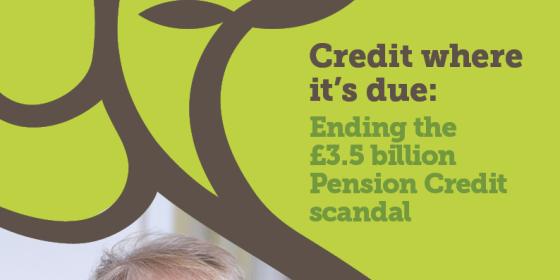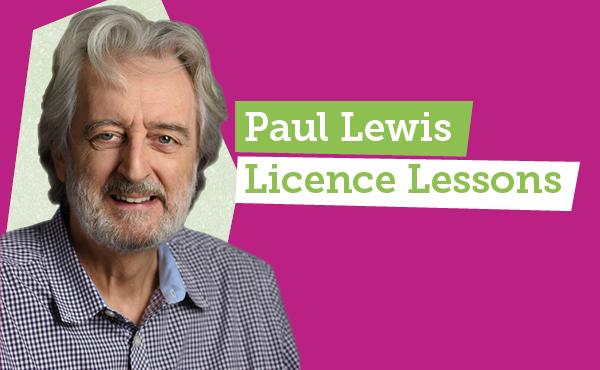
Four out of ten pensioners who could claim Pension Credit do not do so. It has one of the worst take up rates of any means-tested benefit.
That sets the context of Independent Age’s excellent challenge to the Government to raise take up of Pension Credit above the current desultory 60%.
Finding up to 730,000 people who could claim, but do not, is more difficult.
Many young people are surprised there even are poor pensioners. All they hear is that pensioners own £1 trillion of housing wealth and have gold plated pensions – two things that most young people can only dream of.
So if anyone tells you the numbers claiming Pension Credit are falling that is why! Not because pensioner poverty is diminishing.

 Credit where it's due: The facts
Credit where it's due: The facts